Disturbing videos uncovered on a discarded memory card lead investigators on a hunt for a killer and his victims.
Episode Media
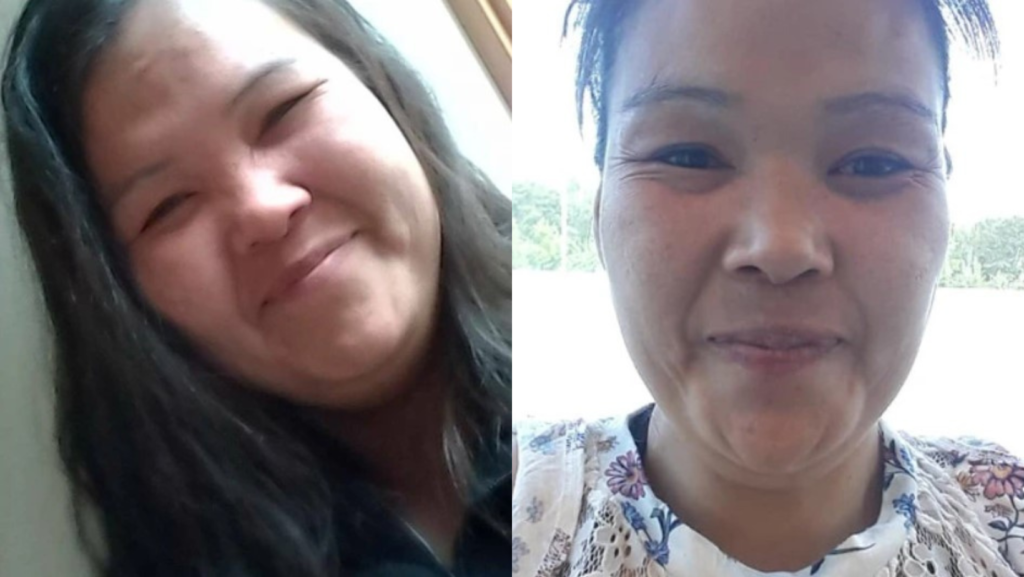
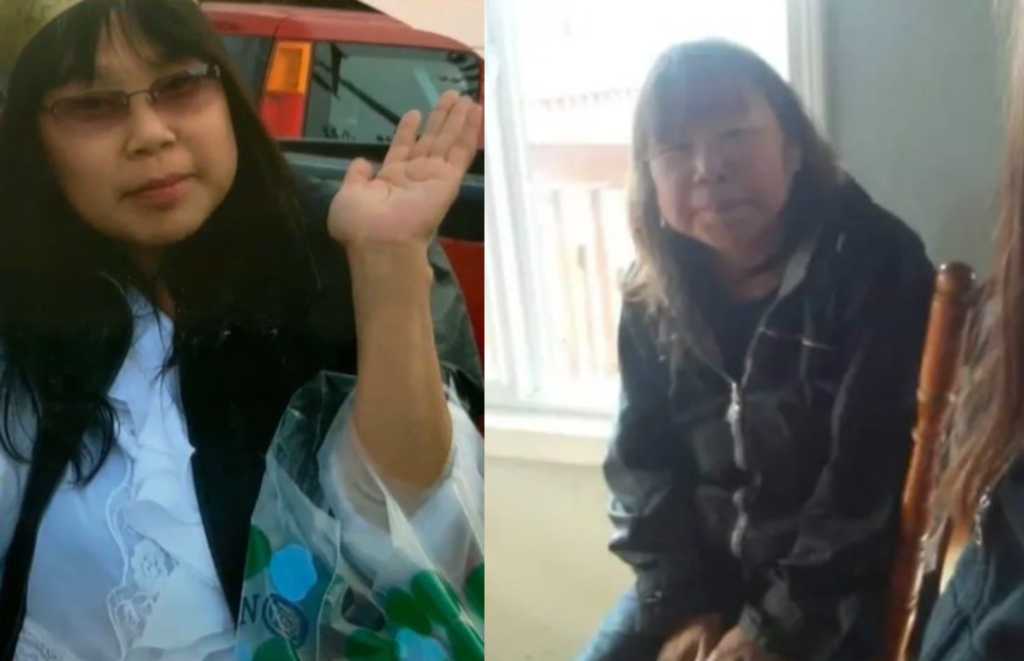
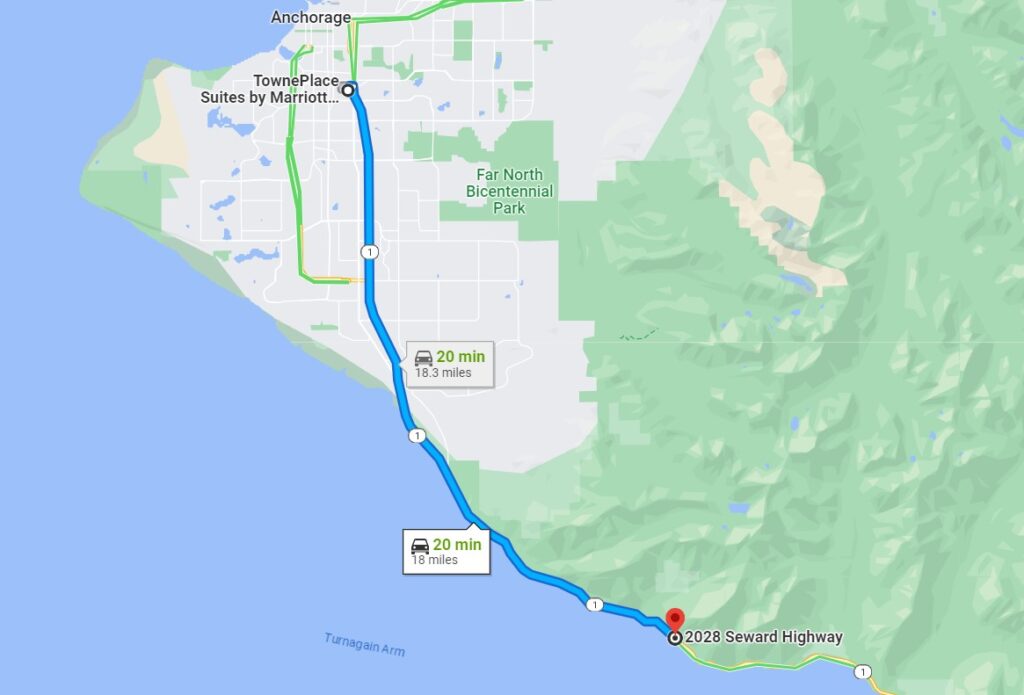
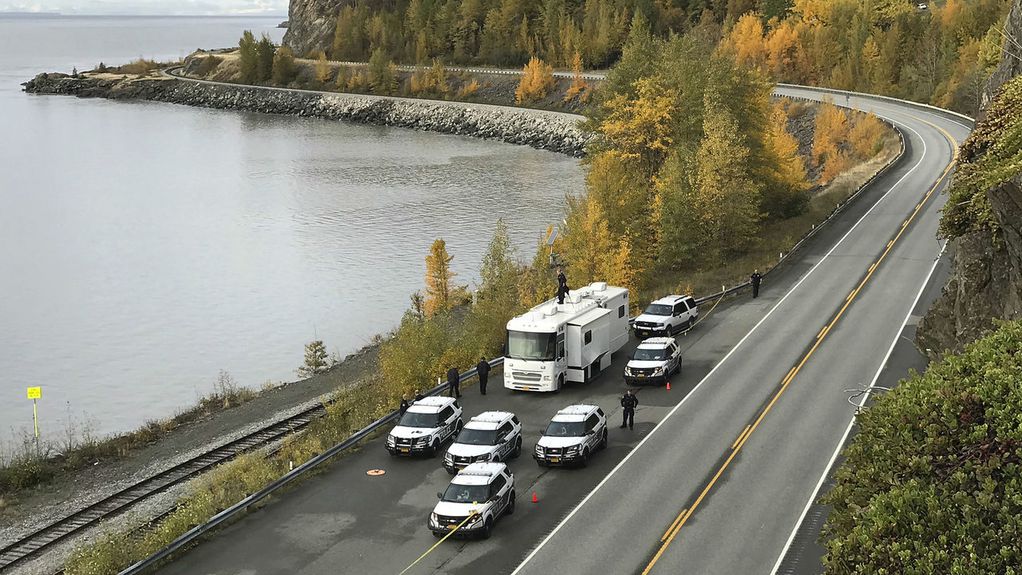
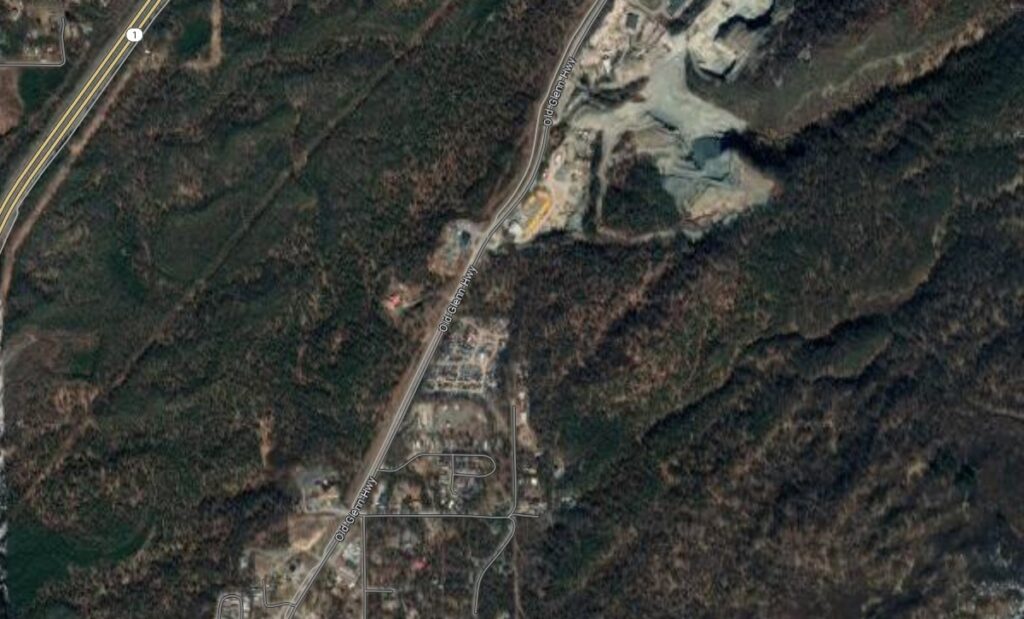
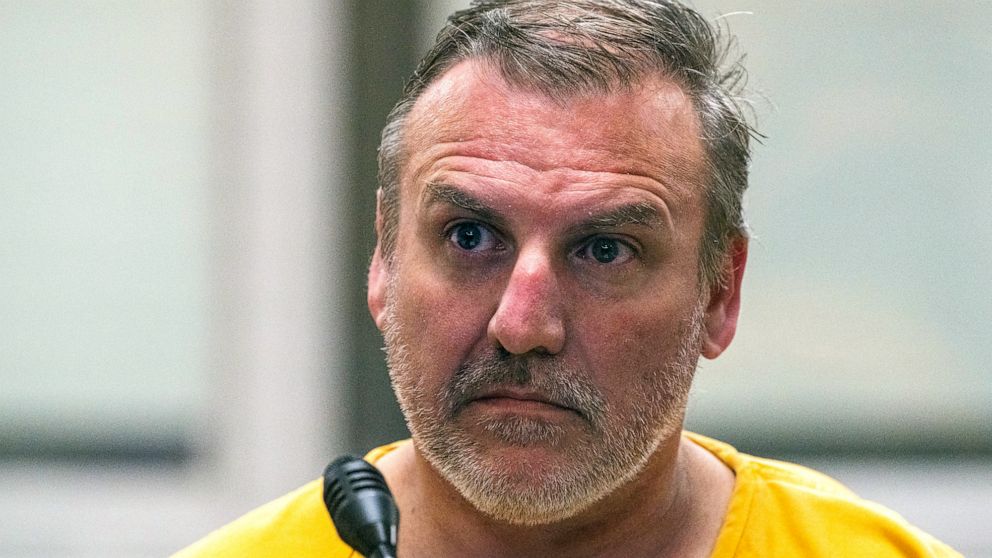
MMIW Resources
- National Indigenous Women’s Resource Center
- Missing and Murdered Indigenous Women & Girls – Urban Indian Health Institute
- National Week of Action for MMIW Social Media Toolkit 2023
Episode Sources
- Police: Memory card found on street depicts woman’s killing, man arrested
- Anchorage police: Homicide video victim identified, suspect charged with murder
- A hotel murder caught on video, and unanswered questions about why
- Memory Card Found With Brutal Videos and Photos Leads to Murder Arrest
- UPDATE: Victim identified in homicide recorded on SD card
- Police identify 30-year-old woman as victim in video slaying
- UPDATE: Female Victim Identified in Smith Video Murder Case
- Police: Memory card found in street had video of woman’s killing. A man has been charged
- A memory card found on the street contained videos of a woman’s murder. Police in Alaska arrested the man they think did it
- “He was a good husband” – Wife defends man suspected of recorded murder
- Memory card found on the street labeled ‘Homicide’ leads to arrest of alleged killer
- South African Expat Charged with Murder in Alaska, USA
- Murder in Alaska: how SA man answered online questions about crime and black people
- Man accused of documenting woman’s killing pleads not guilty
- Brian Smith indicted for second murder
- Brian Smith, jailed for murder filmed in an Anchorage hotel, charged in second killing
- Man accused in Alaska slaying discovered on SD card in street pleads not guilty
- A Memory Card Led to His Arrest in One Killing. Now, He’s Charged in Another.
- Update: Homicide Investigation; Suspect Brian Smith
- Suspect arrested because of a lost SD memory card charged with killing another woman
- Man accused of killing woman, saving videos to SD card now charged in 2nd slaying: Police
- Man accused of killing woman, recording it is charged in 2nd Alaska murder
- Do Anchorage police have a serial killer in custody?
- Man seen killing woman on memory card that was found on the ground charged with 2nd murder
- Brian Smith Indicted in Murder of Second Alaska Native Woman
- SA man arrested for hotel murder in Alaska confesses to 2nd killing
- Distinctive accent on torture video leads police to suspect
- SA-born accused serial killer faces 99 years in prison for Alaska murders
- Ex-SA man faces 99 years for Alaska murders, rapes
- Two sisters, two murders – but only one arrest
- Brian Steven Smith: 5 Fast Facts You Need to Know
- Kathleen Henry: A Tribute to the Murdered Alaska Woman
- Veronica Abouchuk: Remembering the Murdered Alaska Woman
- Remembering Veronica Abouchuk
- WATCH: Kathleen Henry’s portrait is added to ‘The Kuspuk Project.’
- Data Suggest Serial Killers Active in Indian Country
- Homicide at Midtown Marriott: How a Lost SD Card Caught a Serial Killer
- Live coverage of the Brian Smith murder trial
- Brian Smith found guilty on 14 charges related to murders of 2 Alaska Native women
- Brian Steven Smith found guilty on all counts for the murder of 2 Native Alaska women
Episode Transcript
Welcome back to Bite-Sized Crime. This week I’m bringing you a story of two women who were connected by circumstance, both in a similar phase of life and both victims of the same cruel fate. This episode discusses sensitive topics and includes graphic descriptions, so listener discretion is advised.
On the afternoon of September 30, 2019, police in Anchorage, Alaska, responded to a home on Lake Otis Parkway. A woman had called into police dispatch and said she had found an SD card on the street earlier that day. When she took the card home to inspect it, hoping to find the owner, what she found horrified her: multiple photographs and videos of what appeared to be a brutal murder.
Police immediately seized the SD card and notified detectives with the Anchorage Police Department Homicide Unit.
As investigators combed through the footage – 39 images and 12 videos in all – they had to determine whether what they were seeing was real or if it had been elaborately staged. The SD card had been labeled “homicide at midtown Marriott” and the graphic nature of what they saw led investigators to believe that this was indeed a true crime.
The videos and images were time-stamped beginning on September 4th at 12:59am. A woman with long, dark hair lay naked on a floor next to a bed. She had clearly been beaten, her eyes swollen, her lips bloody. The footage was taken by the attacker, who spoke in accented English as he slapped and strangled the woman. The woman fought back, scratching her attacker as she struggled to breathe.
Video after video documented the woman’s battle for her life, as the man laughed in her face. But eventually, he got tired of waiting. In one video, the man said that his hand was getting tired; he then stomped on her neck with his foot and told her to “just f***ing die.” The attack was brutal and cruel, and after what seemed like hours of torture, the woman lay dead.
In later images, the woman’s body could be seen wrapped in a sheet, her head exposed. She was transported on a luggage cart through the hotel, then placed in the bed of a black pickup truck. And that’s where the images ended.
Investigators had a nearly impossible task ahead of them: find and identify a murderer and his victim. If the time-stamps were correct, they were already weeks behind.
But just days later, another call came in to police dispatch. On October 2nd, a traveler discovered human remains along the Seward Highway south of Anchorage. It appeared that the woman’s body had been exposed to the elements for several weeks. Investigators suspected that this may be their victim from the hotel videos, but it would still take time to identify her.
In the meantime, the hunt for her killer continued.
Investigators went back to the videos, hoping to find more clues that would lead them to the man’s identity. It seemed as though he had been filming with one hand while committing his atrocious acts with the other. His face was never shown, but his voice could be clearly heard, and his distinctive accent seemed familiar to investigators. On the surface, it sounded almost British, but not quite. It reminded them of a case they had looked into recently involving a man from South Africa who was living in Anchorage. Was it possible that this was the same man?
Investigators turned to the hotel room for answers. There were multiple hotels in Anchorage that were owned by Marriott, so they needed to narrow down the search. If they could match the decor of the room seen in the videos to one of those hotels, it could be a turning point in the investigation. And they were in luck – the carpet pattern in the videos was an exact match for the rooms at the TownePlace Suites by Marriott Anchorage Midtown.
Detectives searched the hotel’s reservation records for the dates shown on the videos, and they found a name that was all-too familiar: Brian Steven Smith, an Anchorage resident originally from South Africa.
Of course, investigators needed more than a hotel reservation to make an arrest. Brian Smith had checked in to the hotel on September 2nd and checked out on the 4th, the same day detectives believed the murder had taken place. Smith owned a 1999 Ford Ranger pickup truck, consistent with the one seen in the videos. And when investigators obtained a warrant for Smith’s cell phone records, they discovered that around 1am on September 6th, Smith’s phone had pinged on Rainbow Valley Road along the Seward Highway, just yards away from where the victim’s body had been found. All of this evidence together was enough for them to arrest Brian Steven Smith for murder.
On October 8th, Anchorage police met Smith at the Ted Stevens International Airport and took him into custody. He was charged with eight felony counts: one count of first-degree murder, two counts of second-degree murder, two counts of second-degree sexual assault, and three counts of tampering with physical evidence.
In a statement released to the press, investigators thanked the public for their help and credited the caller who found the SD card for bringing the case to their attention. “The Anchorage Police Department extends its gratitude to the citizen who stepped forward with the evidence of this crime. They played an instrumental role in making sure Smith will be held accountable for his actions.”
But there were still so many questions left to answer. Who was Brian Smith and why had he committed this brutal crime? And who was his victim? Why had he chosen her?
For the time being, investigators could only get solid answers about their suspect. Brian Steven Smith had grown up in Queenstown, South Africa. After college, he joined the army, which seemed to have radicalized him. In multiple posts on the website Quora, Brian described his army experiences in graphic detail and ranted against black South Africans, not bothering to hide his pro-apartheid views. In 2013, Brian met Stephanie Bissland through an online gaming community, and the two got engaged in September of that year. Stephanie was an immigration agent in the United States, and Brian decided to make the move from South Africa to Alaska in March of 2014. By May, Brian and Stephanie were married.
According to Stephanie, Brian was a good husband. So when police officers showed up at her door and started asking questions about him, Stephanie was shocked. It was clear that they had been investigating him for quite some time, long before he was ever connected to the murder at the Marriott. As police asked more questions about Brian’s travels, Stephanie began to put together the pieces. Brian’s numerous “solo trips” around Alaska were likely a cover for darker activities.
Stephanie told investigators that in mid-September, Brian’s truck had been broken into. The vandals had smashed in the passenger-side window and stolen Brian’s wallet and a briefcase that contained multiple cell phones and a Go-Pro. This could explain how the SD card had ended up on a city street.
While Brian Smith sat in an Anchorage jail, investigators were waiting on results from the State Medical Examiner. Because the victim’s remains had been out in the Alaskan elements for several weeks, she had to be identified through dental records. On October 10th, Anchorage PD made the announcement: their victim had been identified as 30-year-old Kathleen Jo Henry.
Kathleen grew up in the tiny village of Eek, a community mostly inhabited by Alaskan Natives, particularly the Yup’ik people. Kathleen was proud of her heritage and often wrote fondly of her hometown and her family’s traditions.
But life hadn’t always been kind to Kathleen. At the age of 14, she dropped out of school, and eventually she ended up in Alaska’s Highland Mountain Correctional Center. While incarcerated, Kathleen had the opportunity to finish her education, and at the age of 23, she earned her GED, something she was extremely proud of. After she was released, Kathleen wanted to get her life back on track, but she struggled with alcohol addiction and homelessness. Throughout her 20s, Kathleen was in and out of jail, and her Facebook posts during that time show her frustration and determination to make things right. In October of 2017, she lamented, “Seriously, it’s embarrassing to be known as a jail bird & [I] need to put an end to it.”
In June of 2019, Kathleen was once again released from prison after serving five months for an assault charge. She posted, “By far, life is best with freedom.” Sadly, she would only have freedom for a little while longer. Just three months later, her life would be tragically cut short in an act of unspeakable cruelty.
On October 16th, Brian Steven Smith pleaded not guilty to first-degree murder in the death of Kathleen Henry. He refused to speak during the arraignment, preferring to have his attorney enter the plea on his behalf.
But Brian Smith had been talking to police, and what he revealed during his interrogation would throw investigators for a loop. According to Brian Smith, Kathleen wasn’t his only victim.
Smith told detectives that sometime in 2018, he had shot a woman in the head and dumped her body off Old Glenn Highway just north of Anchorage. The details he gave lined up with the circumstances surrounding the discovery of a human skull back in April of 2019. With the information Smith provided, police were finally able to identify the remains of 52-year-old Veronica Rosaline Abouchuk.
Like Kathleen, Veronica was also a part of the Yup’ik community. Growing up in the village of Saint Michael on the coast of the Bering Sea, Veronica took her role as the oldest sibling very seriously. She loved spending time with her family and was known for her kindness and generosity.
Veronica eventually moved to Anchorage, where she raised her four children alongside her siblings and their families. Before long, Veronica had grandchildren to dote on, even more family members to shower with love.
But Veronica’s life wasn’t without tragedy. In 2005, her sister Martha was found severely beaten in an Anchorage park, left underneath a picnic table. Martha died shortly after being taken to the hospital, and her case remains unsolved. The loss hit Veronica and her family hard, and the lack of answers was devastating.
By 2018, Veronica’s life was drastically different than it had been years earlier. According to her family, Veronica had been experiencing homelessness, but it didn’t seem to bother her. In fact, she told family members that she liked being homeless. And although she went through periods where she disconnected from family, she always came back around. So when months passed and Veronica’s family hadn’t heard from her at all, they became concerned. Then, they learned that Veronica hadn’t picked up her check from the state’s permanent fund, which was her only source of income. Something was very wrong.
In February of 2019, Veronica’s family filed a missing persons report with the Anchorage Police. But because it had been so long since anyone had seen her, it was impossible to say where she may have gone. Police put out some information that Veronica may have been seen at Bean’s Cafe, a local restaurant that served the homeless community, but that lead didn’t pan out. It wouldn’t be until Brian Smith’s confession that Veronica’s family would finally learn the truth.
On October 17th, Smith was indicted on six counts for the murder of Veronica Abouchuk: one count of first-degree murder, two counts of second-degree murder, two counts of tampering with physical evidence, and one count of misconduct involving a corpse. As of this recording, he sits in jail on a $2 million bond as his case makes its way through the court system. If convicted, he faces a mandatory sentence of 99 years in prison. Investigators are looking into the possibility of other crimes Brian Smith may have committed outside of Anchorage.
Deputy District Attorney Brittany Dunlop spoke to the press after the second indictment was handed down. “We hope that these charges bring some closure to folks for their missing loved ones.” She also acknowledged the grief experienced by the indigenous community in particular. “These were two Alaska Native women, and I know that hits home here in Alaska. And we’re cognizant of that. We treat them with dignity and respect.”
Sadly, Kathleen and Veronica are just two of the thousands of indigenous women who are reported missing or murdered in the United States and Canada each year. The Center for Disease Control and Prevention has reported that homicide is the third-leading cause of death among indigenous women in the United States. This is a national crisis, and we need to keep shining a light on it, keep telling their stories. Kathleen and Veronica deserve justice, and indigenous women deserve to be safe. I’ve linked some resources in the show notes and on the podcast website if you’d like to learn more about the Missing and Murdered Indigenous Women movement and how you can help.
Case Updates
Updated February 2024 – On February 22, 2024, Brian Steven Smith was found guilty on 14 charges, including first- and second-degree murder, sexual assault, and tampering with evidence. An aggravated factor of physical torture was applied to the first-degree murder of Kathleen. Smith will receive a mandatory life sentence.
After the verdict, Veronica’s sister Rena told reporters that the families were relieved. “They’re at peace now. That’s the most important thing. And, for me, her sister… and Kathleen’s family, it’s been too long, and today is a life celebration and a spiritual celebration.”
Investigators are still looking into the possibility that there may be other victims of Brian Steven Smith. If you have any information, please contact Anchorage Crime Stoppers at 907-561-7867.
